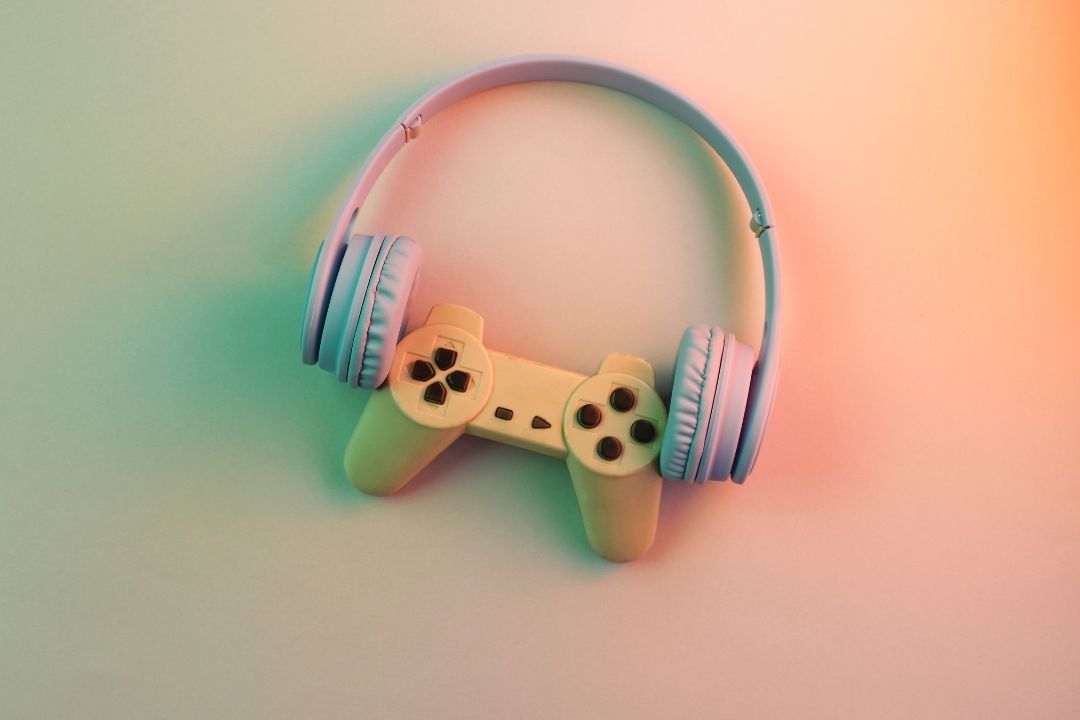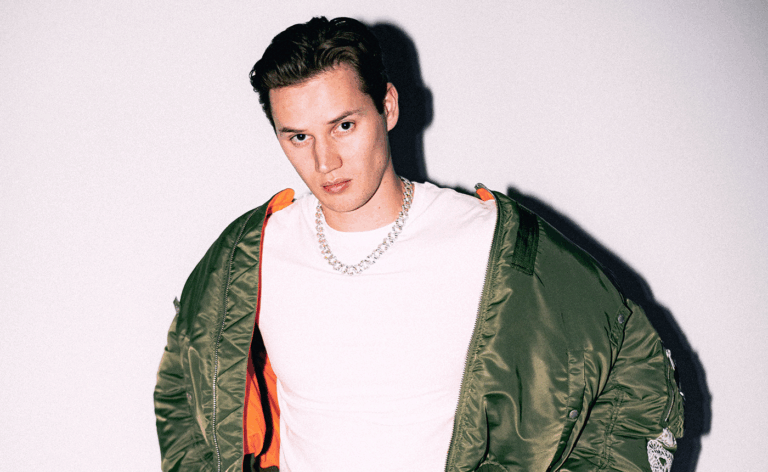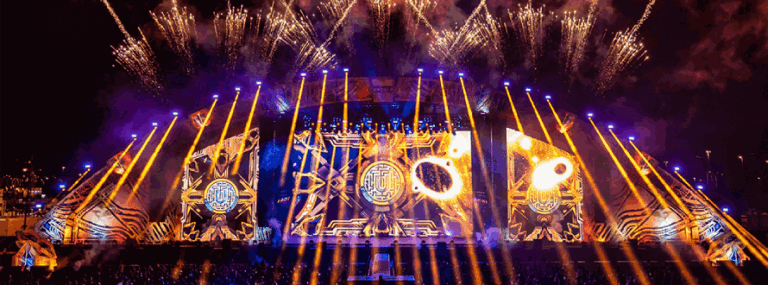
The worlds of electronic music and video games are becoming more intertwined than ever before. With the rise of global gaming titles like Valorant, Fortnite, and Call of Duty, soundtracks and in-game events are now being curated with the same level of artistry and production quality as top music festivals. This evolution has opened massive opportunities for DJs, producers, and record labels to connect with millions of gamers worldwide.
Why Gaming and Electronic Music Are a Perfect Match
Video games have always been deeply connected to music, but in recent years, the integration has reached a new level.
From live in-game concerts to exclusive soundtracks, electronic music has become the heartbeat of the gaming experience.
- Dynamic soundtracks: Games like Valorant and Fortnite now feature evolving music scores that react to gameplay.
- In-game performances: DJs like Marshmello and Kaskade have hosted virtual concerts that drew millions of live viewers.
- Exclusive releases: Producers are collaborating with game developers to release tracks exclusively inside a game before they hit streaming platforms.
This synergy not only enhances the player experience but also provides a new revenue stream and fanbase for artists.
How Producers Can Get Their Music Into Games
For producers looking to break into this booming sector, here are some steps to get your tracks heard by game studios like Riot Games (Valorant), Epic Games, or Ubisoft:
1. Prepare Your Tracks Professionally
- Make sure your production is fully mixed and mastered at professional quality standards.
- Create instrumental versions and stem files (drums, synths, vocals, FX) to give developers flexibility when syncing music to gameplay.
- Aim for high-energy, cinematic sounds that fit the game’s vibe — for Valorant, think dark, intense, and action-driven beats.
2. Research the Studio’s Style
- Study the type of music each game uses.
- Valorant: Intense, futuristic, and cinematic electronic beats.
- Fortnite: Fun, energetic, festival-ready tracks.
- Racing games: Driving, bass-heavy, and fast-paced songs.
- This will help you tailor your pitch to match the studio’s needs.
3. Create a Professional Pitch Pack
Include the following in a clear, concise format:
- A short artist bio and description of your music style.
- A link to a private playlist with your best tracks (use unlisted SoundCloud or Dropbox links).
- A sync licensing statement, confirming you own all rights to the music.
- Contact information and social media handles.
4. Submit to Music Supervisors and Game Studios
- Many game companies have music submission portals or sync licensing departments.
- If a direct portal isn’t available, reach out via LinkedIn or email to music supervisors or audio directors with your pitch pack.
- Attend gaming and music networking events, like GDC (Game Developers Conference) or ADE (Amsterdam Dance Event), where game studios are actively seeking collaborations.
The Future: Virtual Raves Inside Games
As virtual reality and the metaverse continue to grow, the line between live events and gaming is blurring.
Imagine entering a game world where a tech house DJ set happens live in a virtual club, with players interacting and dancing in real-time.
Games are already experimenting with this:
- Fortnite has hosted concerts for millions of players simultaneously.
- Roblox has built custom experiences for artists like David Guetta and The Chainsmokers.
- Valorant could soon integrate special limited-time music events tied to in-game missions or seasonal events.
For producers, this represents a new frontier of performance and monetization. Instead of just playing at physical festivals, you could perform in a game that reaches millions worldwide.
Why This Matters for Electronic Music
This crossover isn’t just a trend — it’s a revolution for both industries:
- Global exposure: Games have player bases in the hundreds of millions, giving artists a reach no club or festival can match.
- New revenue models: Licensing deals, in-game purchases, and exclusive content sales are becoming key income sources for producers.
- Creative storytelling: Music becomes part of the game’s narrative, allowing artists to express themselves in entirely new ways.
As gaming and electronic music continue to merge, the role of producers will expand beyond making tracks for clubs — they will become world-builders, sound designers, and creators of immersive digital experiences.





